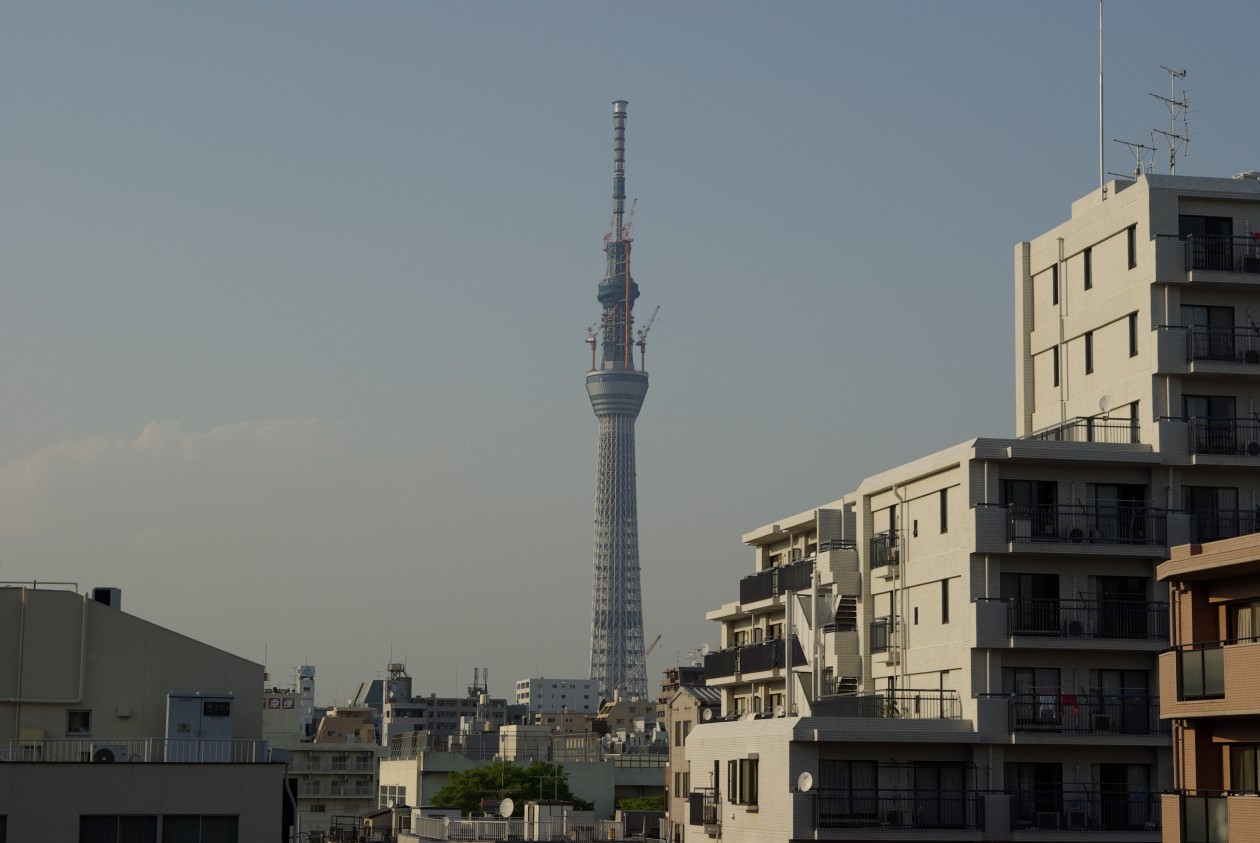Part of any culture is the formality of greeting. In Japanese culture the greeting process is seemingly formal and involves an acknowledgement of the other person by bowing. This process establishes a certain acknowledgement of the other person’s rank and standing in the community. The individual must fit within the structure of the group.
At school this formality is insisted on every period of the day when lessons begin with a formal greeting between the teaching staff and the students. A similar greeting also takes place in the staffroom at the start of the day. The teacher calls the students to stand, to pay attention, to bow and then to take their seat.
Adults in company situations do the same. A formal start to any meeting situation. During a business meeting no one calls out for attention, but the process is rather similar. Stand! Attention! Bow! Relax.











Another feature is that meetings in Japan start on time and finish on time. Somehow a few minutes before the end all guests know that a formal goodbye is following. The reason: everyone has to catch a train and the train waits for no one!
おじぎ




















